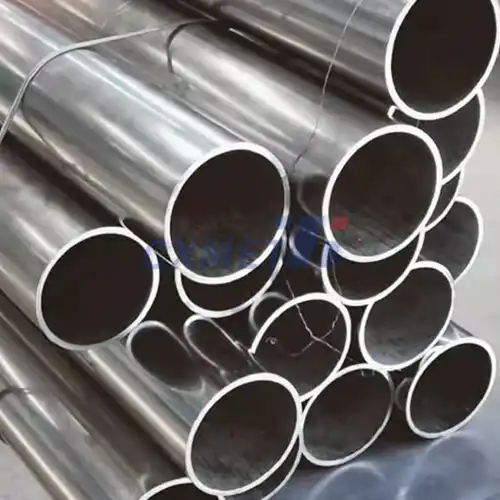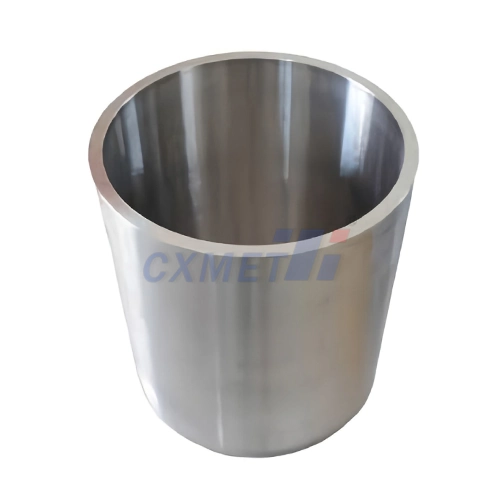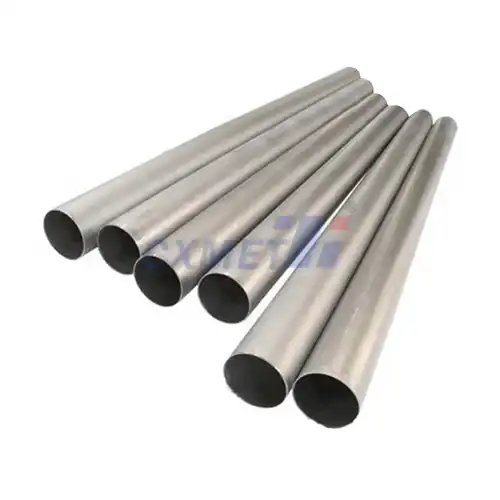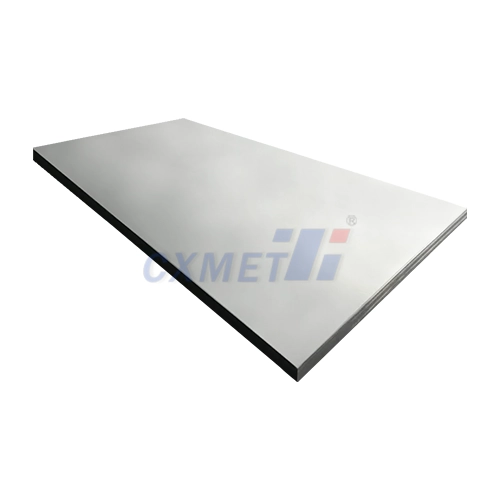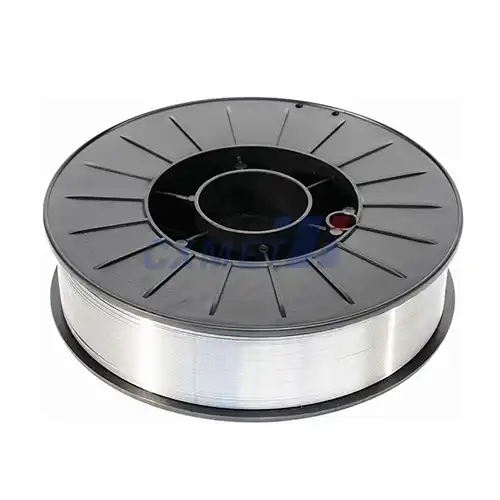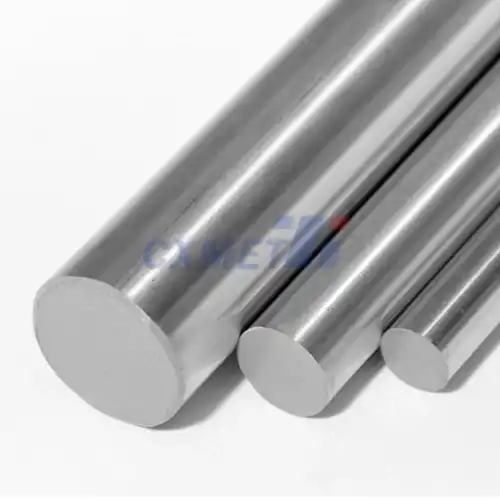- English
- French
- German
- Portuguese
- Spanish
- Russian
- Japanese
- Korean
- Arabic
- Greek
- German
- Turkish
- Italian
- Danish
- Romanian
- Indonesian
- Czech
- Afrikaans
- Swedish
- Polish
- Basque
- Catalan
- Esperanto
- Hindi
- Lao
- Albanian
- Amharic
- Armenian
- Azerbaijani
- Belarusian
- Bengali
- Bosnian
- Bulgarian
- Cebuano
- Chichewa
- Corsican
- Croatian
- Dutch
- Estonian
- Filipino
- Finnish
- Frisian
- Galician
- Georgian
- Gujarati
- Haitian
- Hausa
- Hawaiian
- Hebrew
- Hmong
- Hungarian
- Icelandic
- Igbo
- Javanese
- Kannada
- Kazakh
- Khmer
- Kurdish
- Kyrgyz
- Latin
- Latvian
- Lithuanian
- Luxembou..
- Macedonian
- Malagasy
- Malay
- Malayalam
- Maltese
- Maori
- Marathi
- Mongolian
- Burmese
- Nepali
- Norwegian
- Pashto
- Persian
- Punjabi
- Serbian
- Sesotho
- Sinhala
- Slovak
- Slovenian
- Somali
- Samoan
- Scots Gaelic
- Shona
- Sindhi
- Sundanese
- Swahili
- Tajik
- Tamil
- Telugu
- Thai
- Ukrainian
- Urdu
- Uzbek
- Vietnamese
- Welsh
- Xhosa
- Yiddish
- Yoruba
- Zulu
What is Titanium Grade 4 Round Bar used for in Sports Equipment?
Titanium Grade 4 Round Bar is a versatile material that has found its way into various industries, including sports equipment manufacturing. Known for its exceptional strength-to-weight ratio, corrosion resistance, and biocompatibility, this titanium alloy has become increasingly popular in the production of high-performance sports gear. In this blog post, we'll explore the applications of Titanium Grade 4 Round Bar in sports equipment and how it contributes to enhancing athletic performance across different disciplines.
How does Titanium Grade 4 Round Bar improve sports equipment performance?
Titanium Grade 4 Round Bar offers a unique combination of properties that make it an excellent choice for sports equipment manufacturing. Its high strength-to-weight ratio allows for the creation of lightweight yet durable gear, which is crucial for athletes looking to maximize their performance. This material's superior strength enables the production of equipment that can withstand high-stress conditions without compromising on weight.
One of the key advantages of Titanium Grade 4 Round Bar is its excellent corrosion resistance. This property ensures that sports equipment made from this material maintains its structural integrity and appearance even when exposed to harsh environmental conditions, such as sweat, saltwater, or extreme temperatures. As a result, athletes can rely on their gear to perform consistently over extended periods, reducing the need for frequent replacements and maintenance.
The biocompatibility of Titanium Grade 4 Round Bar is another significant factor that contributes to its popularity in sports equipment. This characteristic is particularly important for items that come into direct contact with the athlete's skin, such as golf club shafts, bicycle frames, or tennis racket handles. The material's hypoallergenic nature minimizes the risk of skin irritation or allergic reactions, ensuring comfort during prolonged use.
Furthermore, Titanium Grade 4 Round Bar exhibits excellent fatigue resistance, which is crucial for sports equipment subjected to repetitive stress and impact. This property helps prevent premature failure of components, enhancing the overall safety and reliability of the gear. Athletes can push their limits with confidence, knowing that their equipment is designed to withstand the rigors of intense training and competition.
The material's low modulus of elasticity also contributes to improved performance in certain sports applications. For example, in golf clubs, this property allows for greater flex in the shaft, potentially leading to increased clubhead speed and distance. In cycling, the material's ability to absorb vibrations can result in a more comfortable ride and reduced fatigue for the athlete.
What are the advantages of using Titanium Grade 4 Round Bar in golf clubs?
The use of Titanium Grade 4 Round Bar in golf clubs has revolutionized the sport, offering players numerous advantages that can significantly impact their game. One of the primary benefits is the material's exceptional strength-to-weight ratio, which allows for the creation of larger clubheads without adding excessive weight. This increased clubhead size translates to a larger sweet spot, providing golfers with more forgiveness on off-center hits and potentially improving their overall accuracy.
The lightweight nature of Titanium Grade 4 Round Bar enables manufacturers to redistribute weight within the club, optimizing the center of gravity and moment of inertia. This strategic weight placement can lead to improved launch conditions, increased ball speed, and greater distance off the tee. Additionally, the material's low density allows for longer shafts without compromising the club's overall weight, which can contribute to higher swing speeds and, consequently, greater distance.
Titanium Grade 4 Round Bar's excellent corrosion resistance is particularly beneficial for golf clubs, as they are frequently exposed to various environmental conditions. This property ensures that the clubs maintain their structural integrity and appearance over time, even when used in humid climates or near coastal areas where saltwater exposure is common. The durability of titanium-based golf clubs can lead to a longer lifespan for the equipment, potentially offering better value for players in the long run.
The material's unique elastic properties also contribute to enhanced performance on the golf course. The lower modulus of elasticity of Titanium Grade 4 Round Bar allows for greater flex in the clubface upon impact, resulting in a trampoline-like effect that can increase ball speed and distance. This characteristic is particularly noticeable in drivers and fairway woods, where maximizing distance is a primary goal.
Furthermore, the vibration-damping properties of Titanium Grade 4 Round Bar can improve the feel of the club at impact, providing players with better feedback and a more comfortable playing experience. This enhanced feel can contribute to increased confidence and consistency in a player's swing, potentially leading to improved overall performance.
The biocompatibility of Titanium Grade 4 Round Bar is also advantageous for golf club components that come into direct contact with the player's hands, such as grips or shaft wraps. This property ensures that players with sensitive skin or allergies can use the clubs without discomfort, allowing them to focus on their game without distractions.
Can Titanium Grade 4 Round Bar enhance the durability of cycling components?
Titanium Grade 4 Round Bar has made significant inroads in the cycling industry, particularly in the manufacturing of high-performance bicycle components. The material's exceptional properties contribute to enhancing the durability and overall performance of various cycling parts, making it a popular choice among both professional athletes and enthusiasts.
One of the primary advantages of using Titanium Grade 4 Round Bar in cycling components is its outstanding strength-to-weight ratio. This property allows for the creation of lightweight yet incredibly strong bicycle frames, forks, and other structural elements. The reduced weight of titanium components can lead to improved acceleration, better climbing performance, and reduced overall fatigue for the rider during long rides or races.
The material's excellent fatigue resistance is particularly beneficial for cycling components that are subjected to constant stress and vibration. Titanium Grade 4 Round Bar can withstand repetitive loading cycles without developing fatigue cracks, ensuring the longevity and reliability of critical parts such as frames, handlebars, and seat posts. This increased durability translates to a longer lifespan for the bicycle and potentially lower maintenance costs for the rider.
Corrosion resistance is another key factor that makes Titanium Grade 4 Round Bar an excellent choice for cycling components. Bicycles are often exposed to various environmental conditions, including rain, sweat, and road salt, which can accelerate corrosion in less resistant materials. Titanium's natural resistance to corrosion ensures that components maintain their structural integrity and appearance over time, even in harsh conditions. This property is particularly valuable for riders who frequently compete or train in diverse climates or near coastal areas.
The material's ability to absorb vibrations contributes to a more comfortable riding experience. Titanium Grade 4 Round Bar's unique elastic properties allow it to dampen road vibrations more effectively than many other materials used in bicycle construction. This characteristic can lead to reduced rider fatigue during long rides and improved overall comfort, particularly on rough or uneven terrain.
In terms of specific cycling components, Titanium Grade 4 Round Bar has found applications in various areas. For example, titanium bolts and fasteners offer excellent strength and corrosion resistance while contributing to weight reduction. Titanium spokes provide durability and strength to bicycle wheels without adding excessive weight. Titanium pedal spindles and bottom bracket axles benefit from the material's strength and fatigue resistance, ensuring reliable performance under high loads.
The biocompatibility of Titanium Grade 4 Round Bar is also advantageous for components that come into direct contact with the rider, such as handlebars or seat posts. This property minimizes the risk of skin irritation or allergic reactions, allowing cyclists to focus on their performance without discomfort.
Conclusion
Titanium Grade 4 Round Bar has proven to be a game-changer in the world of sports equipment manufacturing. Its unique combination of properties, including high strength-to-weight ratio, corrosion resistance, and biocompatibility, make it an ideal material for creating high-performance gear across various disciplines. From enhancing the performance of golf clubs to improving the durability of cycling components, Titanium Grade 4 Round Bar continues to push the boundaries of what's possible in sports equipment design. As technology and manufacturing processes continue to evolve, we can expect to see even more innovative applications of this remarkable material in the future of sports.
At SHAANXI CXMET TECHNOLOGY CO., LTD, we take pride in our extensive product range, which caters to diverse customer needs. Our company is equipped with outstanding production and processing capabilities, ensuring the high quality and precision of our products. We are committed to innovation and continuously strive to develop new products, keeping us at the forefront of our industry. With leading technological development capabilities, we are able to adapt and evolve in a rapidly changing market. Furthermore, we offer customized solutions to meet the specific requirements of our clients. If you are interested in our products or wish to learn more about the intricate details of our offerings, please do not hesitate to contact us at sales@cxmet.com. Our team is always ready to assist you.
References:
1. ASTM International. (2021). ASTM B348 - Standard Specification for Titanium and Titanium Alloy Bars and Billets.
2. Lutjering, G., & Williams, J. C. (2007). Titanium (2nd ed.). Springer-Verlag Berlin Heidelberg.
3. Froes, F. H. (2015). Titanium: Physical Metallurgy, Processing, and Applications. ASM International.
4. Brewer, W. D., Bird, R. K., & Wallace, T. A. (1998). Titanium alloys and processing for high speed aircraft. Materials Science and Engineering: A, 243(1-2), 299-304.
5. Niinomi, M. (1998). Mechanical properties of biomedical titanium alloys. Materials Science and Engineering: A, 243(1-2), 231-236.
6. Boyer, R. R. (1996). An overview on the use of titanium in the aerospace industry. Materials Science and Engineering: A, 213(1-2), 103-114.
7. Peters, M., Kumpfert, J., Ward, C. H., & Leyens, C. (2003). Titanium alloys for aerospace applications. Advanced Engineering Materials, 5(6), 419-427.
8. Rack, H. J., & Qazi, J. I. (2006). Titanium alloys for biomedical applications. Materials Science and Engineering: C, 26(8), 1269-1277.
9. Banerjee, D., & Williams, J. C. (2013). Perspectives on titanium science and technology. Acta Materialia, 61(3), 844-879.
10. Leyens, C., & Peters, M. (Eds.). (2003). Titanium and titanium alloys: fundamentals and applications. John Wiley & Sons.
